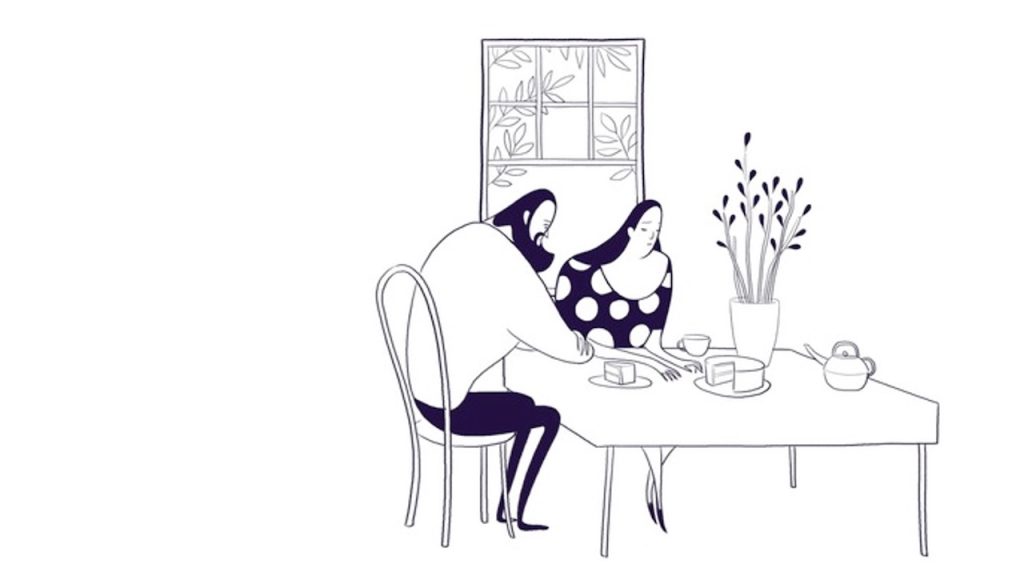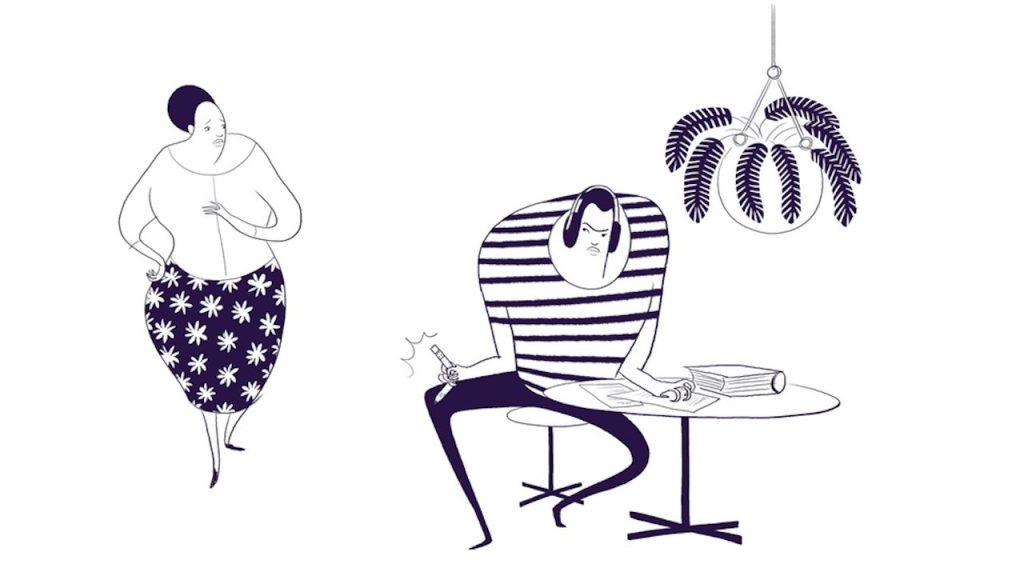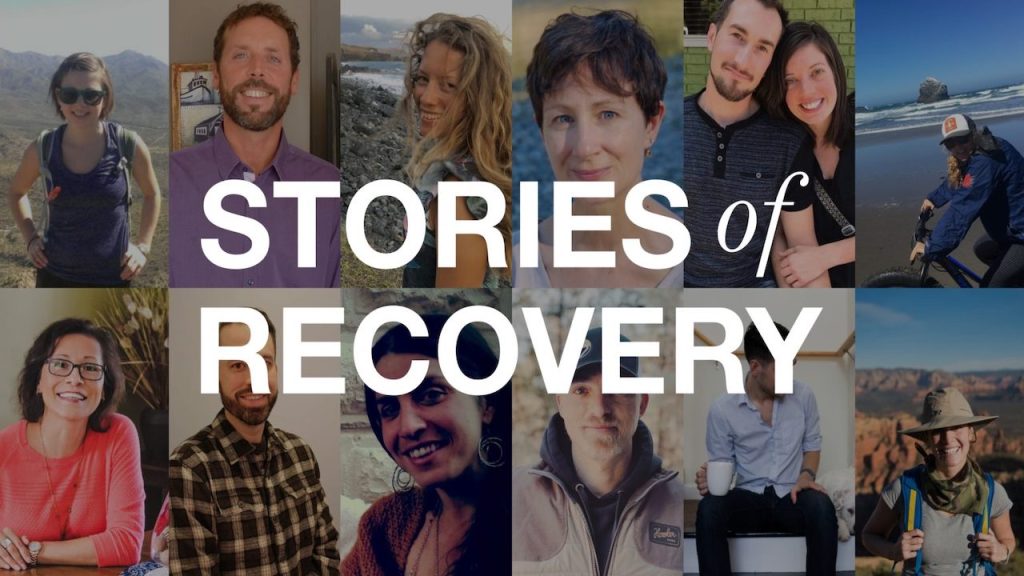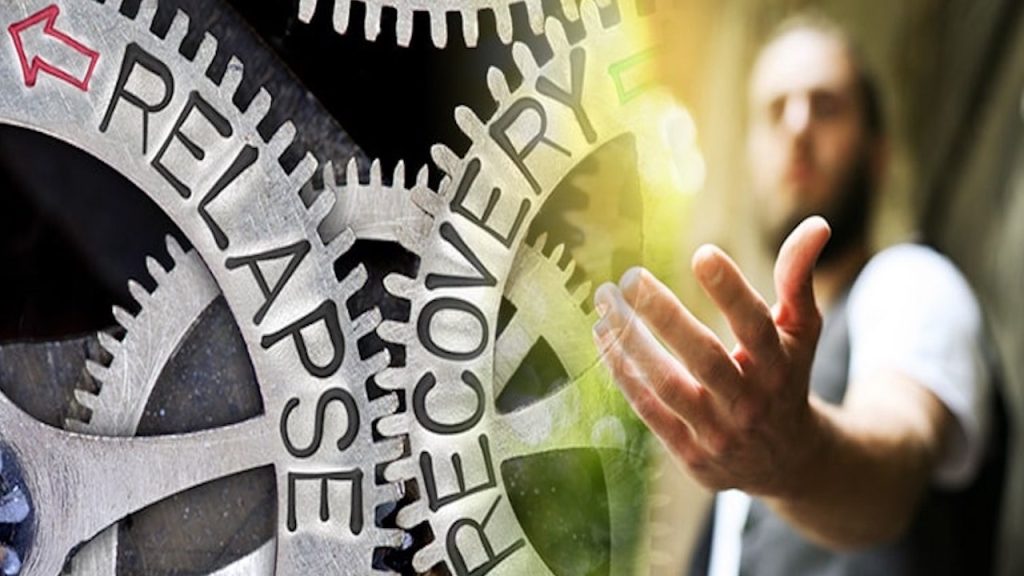A Mother’s Addiction Threatens Her Sons’ Recovery

* This post originally appeared on our Member Site blog, where experts respond to members’ questions and concerns. Take advantage of our current special offer today and get full access to Allies in Recovery’s eLearning program. Details here.
Thank you Dominque, My brother has come far and acknowledges somewhat that he has no control but regretfully won’t attend a meeting for himself. Last week his wife OD’d twice within 24 hours and after the first time, they sent her home in a cab, alone, without his knowledge. The second time, he and his wife’s sister convinced the hospital she is currently in, to keep her and she is now in the psych ward, where she is scared, angry and still in denial that she needs in patient care.
My brother can’t bring himself to section her and won’t throw her out on the street, as some have suggested. I am trying to stay positive and focus on the fact that her two sons are still sober. I can only imagine how hard it is for 2 sons to deal with this and stay sober and am grateful that they are still sober. From what I’ve learned I need to leave it up to the professionals, but how can professionals send her home in a cab, alone and in a wheelchair?
Dominique Simon-Levine encourages this aunt to keep up the fight for her family’s recovery
Your sister-in-law overdosed twice in 24 hours. This is terribly frightening for everyone, and yet the emergency department chose to send her home in a cab alone the first time. She is now in a psychiatric hospital unit after relapsing a second time, very upset at everyone that she is being held against her wishes. Your brother and his wife’s sister convinced the hospital to admit her.
We have followed your story for well over a year. You have been instrumental in helping your two nephews engage into treatment. Their recovery remains strong yet you are worried this crisis with their mother may destabilize them.
Recovery needs active support
Relapse can happen in response to a crisis such as a mother overdosing. Yet, in our experience it can equally happen over small, inconsequential factors, like boredom, frustration, or bumping into an acquaintance with drugs. The key is to protect yourself from relapse, everyday. What are your nephews doing to support their recovery? Crises, frustrations, hard feelings happen and will continue to happen. Well-honed coping skills, social support, healthy substitute behaviors (the CR or Community Reinforcement in CRAFT) all matter greatly in maintaining one’s recovery.
Look for the opening to a change in behavior
Your brother has resisted learning what more he could do to help his wife. This may be finally shifting some because of the two overdoses in quick succession.
The psychiatric ward will likely keep your sister-in-law for only a couple days. Their mandate is to stabilize and discharge. Aftercare planning is too often limited with inpatient psychiatry. Can you step in? Will your brother let you? Can you call Adcare to see what they offer, what their waitlists look like? I know your sister-in-law is already medically unwell from past drug-related crises, hence the wheel chair. Finding an inpatient dual diagnosis unit that takes someone with serious medical needs will be a challenge. Section 35 needs to be investigated to learn whether the program can handle her medical needs. Furthermore, your brother must become convinced that it is necessary. Otherwise, your sister-in-law is in danger of losing her life.
Have him read this post
If she is unwilling to get further treatment after her discharge from the psychiatric unit (Adcare or at the least a medication-assisted treatment for the opiates), a civil commitment can save her life.
Her reaction to family members who are seeking to help her is chump change compared to the gravity of the situation. Your sister-in-law is under the grips of a fatal disease. She has remained home, using drugs, with your brother, her husband, doing the heavy lifting of maintaining this lifestyle.
It is time to keep all the professionals you can in play. Her overdoses may be the opening she needs to consider more help. It may also be the opening your brother needs to consider how he needs to change.
Yes, the family DOES have a role to play. Your stance, behavior, and choices DO make a difference. “Tough love” is not a successful technique. Our learning platform is set up to help family members learn the techniques that will reduce conflict, build that bridge of trust and communication, and be effective in guiding your loved one into treatment. Together we will move your loved one towards recovery. Learn more here.
image © addictionblog.org











